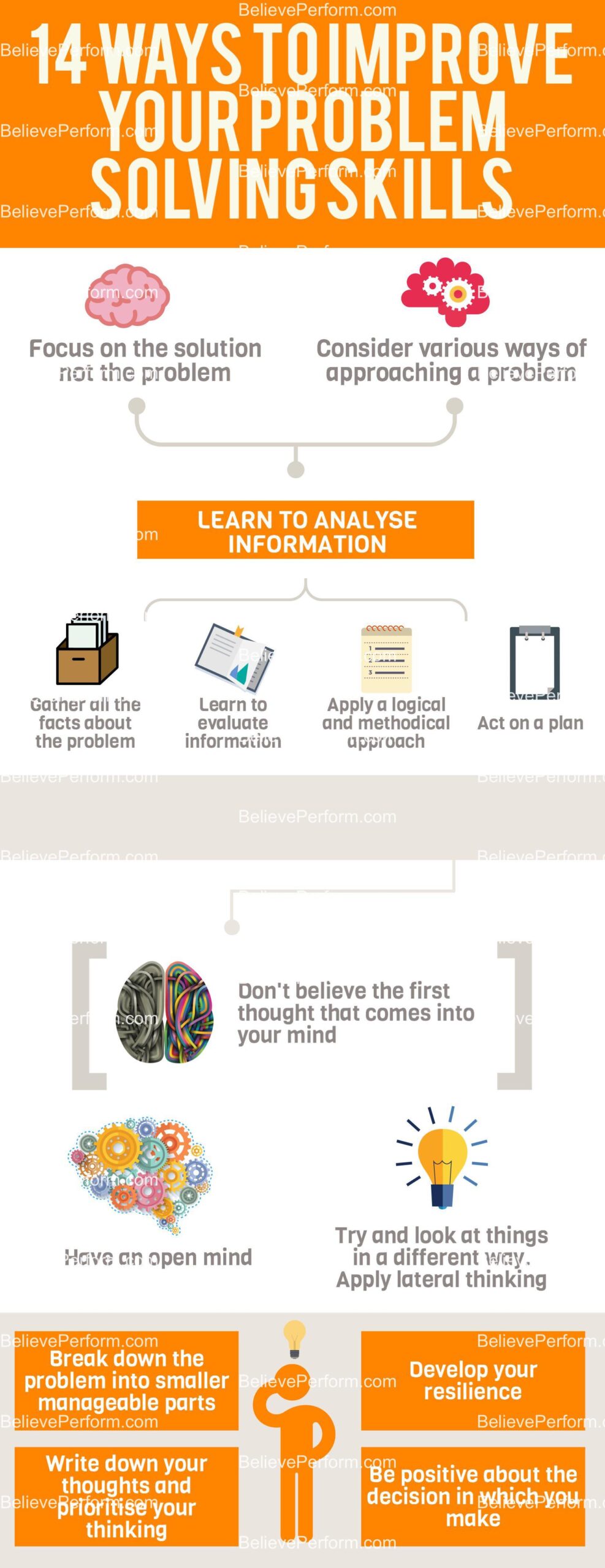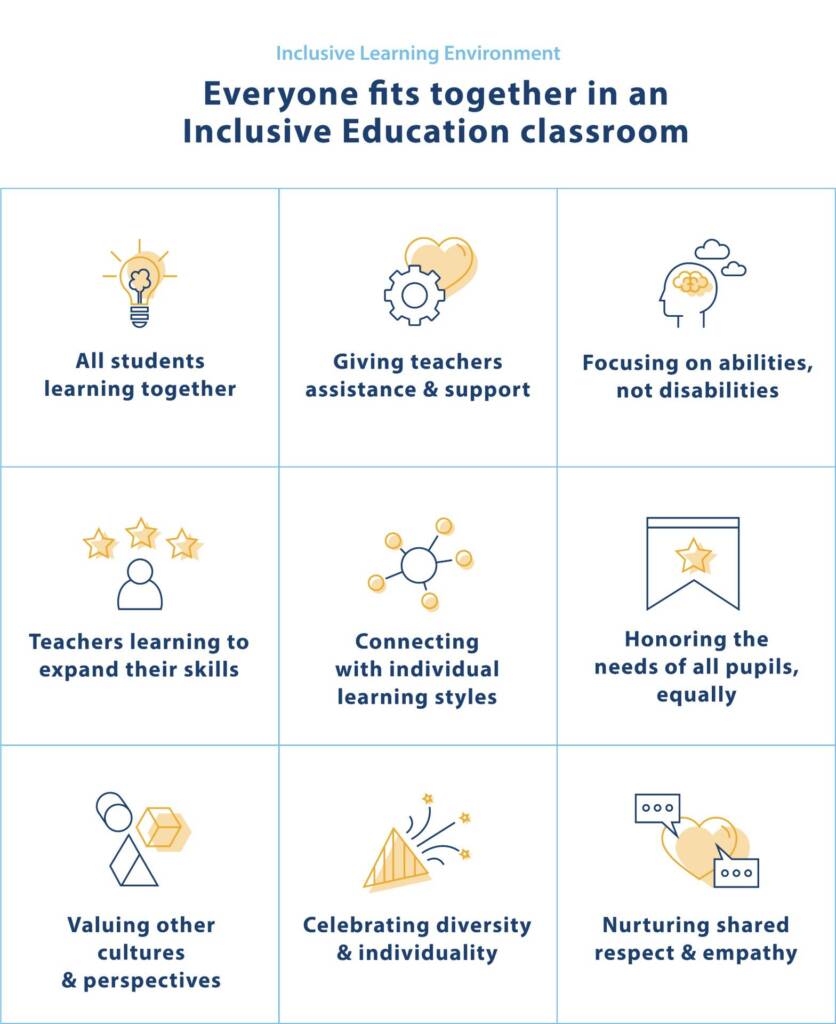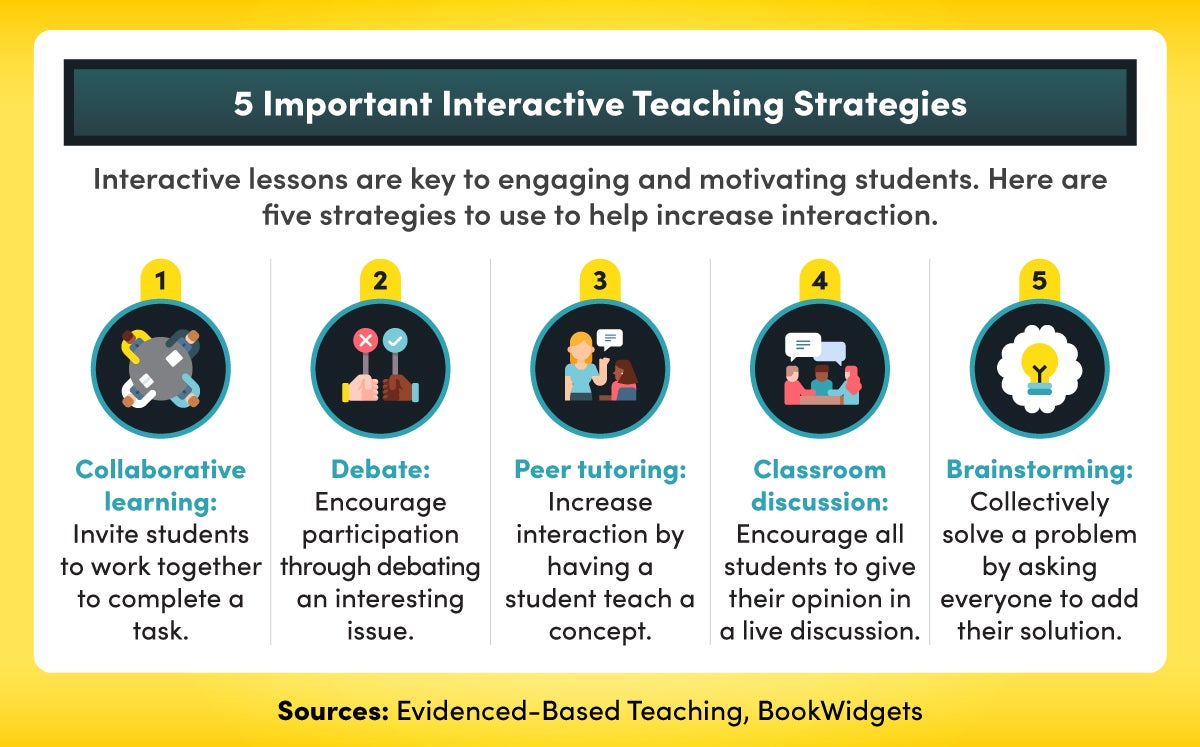In today’s rapidly evolving educational landscape, integrating technology with traditional learning methods has never been more essential. Imagine a classroom where students engage in hands-on experiences that empower them to grasp complex concepts through interactive simulations and games. This not only enhances their understanding but also makes learning enjoyable!
Understanding Educational Simulations and Games
Integrating educational simulations and games into the curriculum offers an engaging approach to learning. Students can immerse themselves in their subjects, experiencing real-world scenarios that textbooks often fail to convey. This method cultivates a deeper understanding and encourages active participation, making learning a dynamic process.
The Role of Educational Simulations and Games
Utilizing simulations and games creates an environment where learners can explore, experiment, and apply their knowledge. This immersive experience encourages critical thinking and problem-solving skills. Moreover, students are likely to retain information better when they actively participate in their learning journey, rather than passively receiving information.
Optimal Times for Implementation
Incorporating educational simulations and games is particularly effective during intense study periods or when introducing new topics. These interactive tools can serve as a captivating warm-up or a revision technique, helping students to deepen their understanding and retention of the material. Additionally, implementing these methods throughout the academic year helps maintain student engagement and enthusiasm.
The Advantages of Embracing Educational Tools
Engaging with educational simulations and games equips students with essential skills that extend beyond the classroom. By interacting with these tools, learners develop teamwork and communication abilities, as many simulations require collaboration. Furthermore, these experiences can foster creativity, as students think outside the box to solve challenges presented within the simulations.
Frequently Asked Questions
Q1: Can educational simulations and games be used for all subjects?
A1: Yes, nearly all subjects can benefit from simulations and games, including science, mathematics, history, and language arts. They can be tailored to fit various learning objectives.
Q2: Are there any additional resources or platforms for finding these tools?
A2: Numerous online platforms and educational websites provide access to quality simulations and games, such as Ask A Biologist and Labster.
Q3: How can teachers implement these tools effectively?
A3: Teachers can integrate simulations and games into existing lesson plans or dedicate specific lessons to these interactive elements, ensuring they align with curriculum standards.
Q4: How do simulations enhance collaborative learning?
A4: Many educational simulations require students to work in teams, promoting communication and collaborative problem-solving, which are crucial skills in both educational settings and the workplace.
How to Use Educational Simulations and Games to Enhance Learning
This approach resonates particularly well with a diverse range of learners. For instance, when I first explored the educational simulation offered by  Ask A Biologist, I witnessed how my peers became energized by the interactive experiences it provided. The sense of excitement was palpable as we engaged in virtual experiments that brought biological concepts to life. It transformed our understanding of complex systems and allowed us to visualize the intricate relationships within ecosystems.
Ask A Biologist, I witnessed how my peers became energized by the interactive experiences it provided. The sense of excitement was palpable as we engaged in virtual experiments that brought biological concepts to life. It transformed our understanding of complex systems and allowed us to visualize the intricate relationships within ecosystems.
Final Thoughts on Educational Simulations and Games
Utilizing educational simulations and games is an effective strategy for enhancing the learning experience. By engaging with these tools, students can explore, understand, and apply their knowledge in meaningful ways. The interactive nature of these educational resources not only enhances learning outcomes but also fosters a love for lifelong learning.
If you are searching about 10 Best and Free Learning Games for Kindergarteners you’ve came to the right page. We have 8 Pictures about 10 Best and Free Learning Games for Kindergarteners like 10 Best and Free Learning Games for Kindergarteners, The power of using simulations in the classroom – starkidslearn.com and also The power of using simulations in the classroom – starkidslearn.com. Here you go:
10 Best And Free Learning Games For Kindergarteners
brightchamps.com
The Power Of Using Simulations In The Classroom – Starkidslearn.com
starkidslearn.com
Impact Of Virtual Reality On Medical Sector. – Twin Reality
twinreality.in
realidad develop salud surgery technology
Games & Simulations | Ask A Biologist
askabiologist.asu.edu
games simulations biology biologist ask simulation asu game askabiologist activities body edu
Online Engagement And Teaching Hub
lf.westernsydney.edu.au
5 Reasons Video Games Should Be More Widely Used In School – Texas A&M
today.tamu.edu
Labster – Enhancing Science Learning With VR And Gamification – Crastina
crastina.se
labster gamification vr science virtual laboratory enhancing learning tell use me se
Advantages Of Using Educational Games In The Classroom
www.brighthubeducation.com
games educational learning game classroom education teaching based scrabble advantages using benefits explained enhance
Labster – enhancing science learning with vr and gamification – crastina. Games simulations biology biologist ask simulation asu game askabiologist activities body edu. Games & simulations



